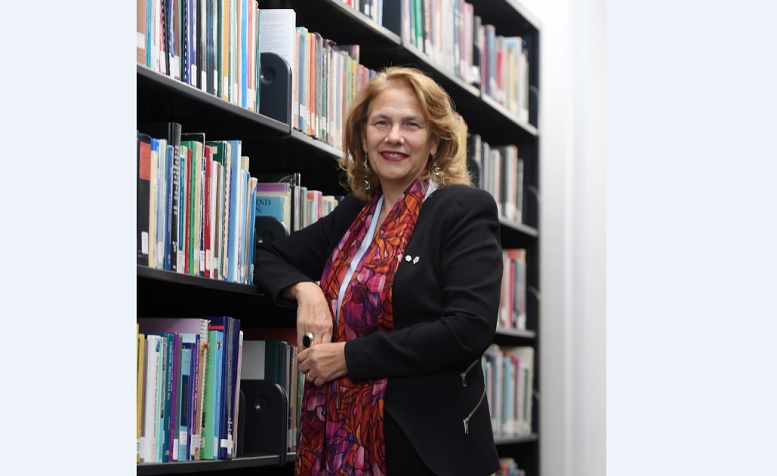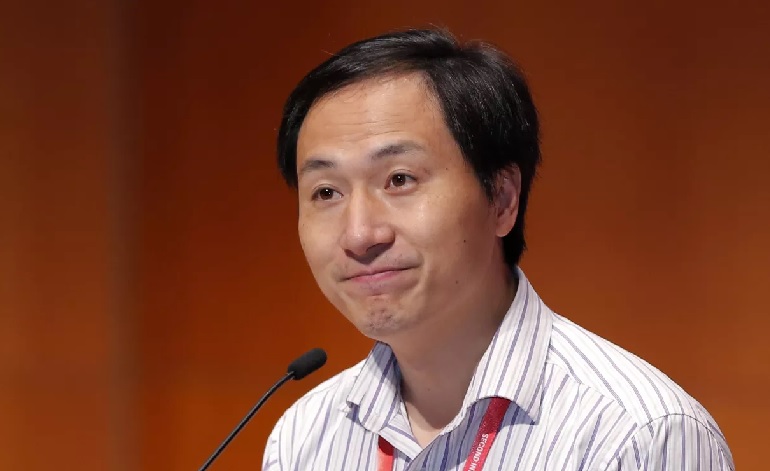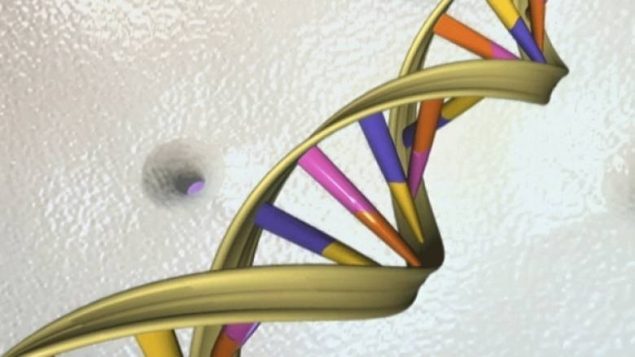CRISPR is a recent technological breakthrough in simplifying gene editing,
It’s potential is enormous and at the same time it raises great concerns. Those concerns exploded when a Chinese scientist edited the genetic sequence of an embryo (germline) to create twin babies who are resistant to HIV.
The news raised huge concerns in the scientific community as this potentially changes the human genome from this day forward.
While the initial furor seems to have died down, a research professor at Dalhousie University is concerned that the scientific community now seems to be asking about how such things should be done, and not if they should be done at all.
Professor Françoise Baylis, (CM, ONS, PhD) has written an opinion article on the subject which was published in the science journal “Nature: Human Behaviour” entitled, Questioning the proposed translational pathway for germline genome editing” ( abstract here)
ListenWith the creation of CRISPR gene editing, the potential, or perhaps spectre, of being able to produce so-called “designer babies” was raised. Then in late 2018, a Chinese researcher announced that he had successfully done so, in a move that sent shock waves through the scientific community.

Research professor Françoise Baylis (CM, ONS, PhD) of Dalhousie University
While the idea of “designer babies” involves such things as gene editing to produce desired eye colour, hair colour, physical characteristics and so on, in this case it was to design resistance to HIV. Still it was proof that this type of gene editing could be successfully done, something that had remained up to that point a potential only and a theory but raised serious questions about the practice.
“We need to understand what we’re doing, before we start doing it” Professor F Bayliss
Indeed these had already been raised earlier when in 2015 an International Summit was held on human gene editing
Professor Baylis is concerned that since that initial shock by a “rogue” scientist, the rest of the world’s scientific community now seems to be moving towards “how” such things should be done and not “if”.
After condemnation of the Chinese scientist, a Second International Summit On Human Genome Editing shortly afterward, at which it was declared that rigourous standards should be established before such trials take place….again the “how” not the ethical questions of “why” or “if”.

He Jiankui, a Chinese researcher, shown at the Human Genome Editing Conference in Hong Kong on Wednesday, November 28, 2018. He claims to have made the world’s first gene-edited babies, a claim which rocked the world scientific community. (Associated Press)
Professor Baylis says, the idea of a small group or groups deciding on what ethics or guidelines should be used to determine such experiments is extremely disconcerting as the effects are unchangeable and shape all human evolution thereafter.
She concludes her article saying “For those of us committed to public empowerment, we can but insist on the importance of public education and public engagement in working toward a “broad societal consensus” on whether to pursue heritable human genome editing”.







For reasons beyond our control, and for an undetermined period of time, our comment section is now closed. However, our social networks remain open to your contributions.